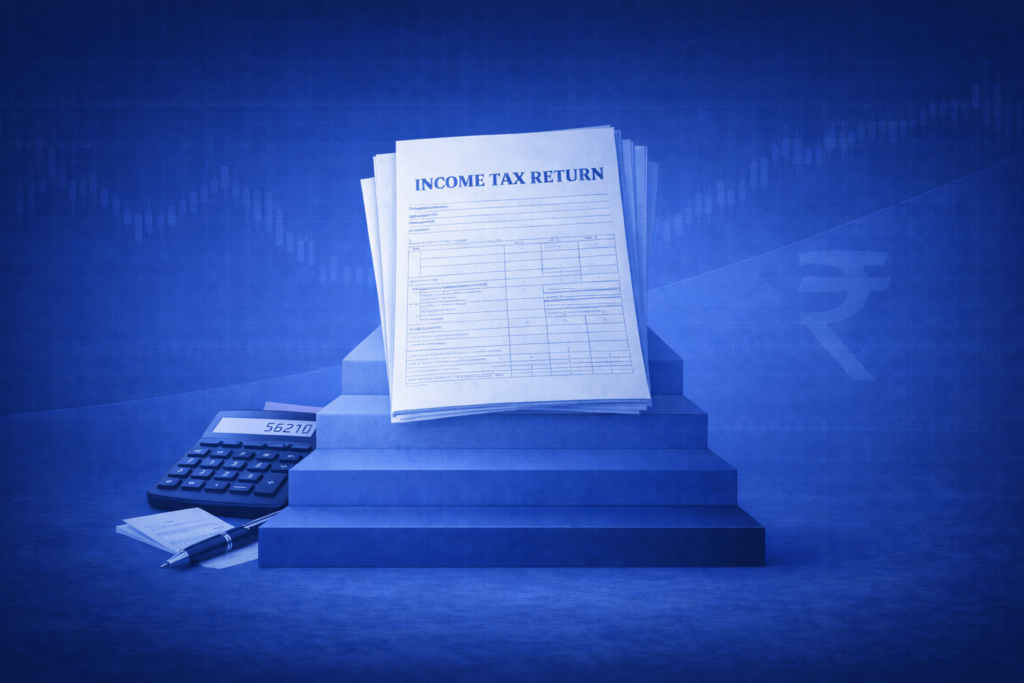When meeting with a patient, one of the first things a doctor will want to know is their medical history. That’s because a patient’s medical history will provide the doctor with vital information about the patient’s existing health conditions, prior diagnoses, allergic reactions to specific medications, etc. that will help them accurately diagnose the patient’s ailment and provide the latter with a likely prognosis.
Similarly, whenever you approach any kind of financial institution for financing, the institution will examine the financial equivalent of your medical history — your credit report —, as well as a convenient score that encapsulates your credit report — what’s known as your credit score. Understanding credit scores and credit reports will help you secure financing under favourable terms and achieve different life milestones like buying a house, starting a business, etc.
What is a credit score?
A credit score is a three-digit number that helps lenders assess your creditworthiness and allows them to determine whether you are a high-risk borrower or not. It gives them an indication of your borrowing history and repayment behaviour. The higher your credit score, the more likely you are to get approved for financing at lower interest rates and under better terms.
There are several credit rating agencies in India that have their own credit scoring model. However, the most commonly used credit score is the CIBIL TransUnion Score provided by the Credit Information Bureau (India) Limited (CIBIL). CIBIL scores range from 300 to 900, and a score of 750 or above is typically considered a good score.
What is a credit report?
A credit report is a document that serves as a comprehensive record of your credit history. It compiles information from banks and other financial institutions and includes details such as open and closed loan accounts, loan inquiries, payment history, outstanding balances, credit limits, and more.
Your credit score is part of your credit report. So, your CIBIL report will contain your CIBIL score, along with a summary of your credit history and financial behaviour. You can get your credit report from CIBIL’s official website. A lot of banks also offer their customers a free CIBIL report once a year, so you can check if that facility is available with your bank as well.
Just like investing regularly through an online share trading and investing platform is important for your financial health, having clarity on how credit scores work is equally vital for your finances. Thus, you must understand what factors determine your credit score, so that you can be mindful of your day-to-day financial decisions and behaviour.
Factors that determine your credit score
Your credit score has everything to do with debt, i.e., the loans you take. But your credit score has little or nothing to do with other aspects of your finances. For instance, your savings account, fixed deposits, investments, etc., do not have any bearing on your credit score.
Here’s what really impacts your credit score:
- Payment history
When you take out a loan, you usually pay back the principal amount along with the interest in regular instalments over the repayment tenure in the form of Equated Monthly Instalments (EMIs). Paying your EMI dues in full and on time is one of the most important things to do for maintaining a good credit score. If you default on your dues or make late payments, it lowers your credit score and shows future lenders that you are not financially responsible and are a high-risk borrower.
- Credit utilisation ratio
It’s also important that you don’t heavily rely on credit, even if you have access to it. For instance, say you have a credit card with a monthly limit of ₹3 lakh. If you utilise the entire ₹3 lakh every month, then even if you pay your credit card bills on time, your credit score will be negatively impacted because it will show lenders that you are potentially having trouble with your finances. Ideally, you should aim to maintain a credit utilisation ratio of 30% or lower. In this case, that would be ₹90,000.
- Credit mix and inquiries
Broadly speaking, there are two main kinds of loans — secured and unsecured. Having a good mix of different types of loans, like personal loans, credit cards debt, home loans, etc., can have a positive impact on your credit score because it indicates that you can responsibly manage different types of debt obligations well. Another factor that impacts your credit score is the number of inquiries you make for a loan. For instance, making multiple inquiries for a personal loan with different lenders in a short period of time can impact your credit score adversely as it will show lenders that you are credit-hungry.
- Length of credit history
The longer your credit history, the more useful information lenders have about your creditworthiness. Hence, it can be a good idea to get a credit card and use it responsibly once you start working so that you can start building a credit history. This can improve your chances of having a good credit score when you want to apply for a loan in the future. It’s also recommended to not cancel your first credit card even if you get more credit cards at a later point, as this helps maintain your credit score.
Regular credit checkups
So, just like annual health checkups are important, make sure that you regularly check your credit health too. By understanding the importance of your credit score and the factors that influence it, you can actively manage your credit behaviour and maintain a high credit score. To reiterate, a high credit score improves your chances of being approved easily for a wide range of loans, and also helps get lower interest rates and other favourable loan terms with the lender.
Make sure to regularly check your credit report, correct any errors, and take proactive measures to enhance your credit health. Having a healthy credit profile goes a long way in building a strong financial foundation, and makes achieving various financial goals easier.























